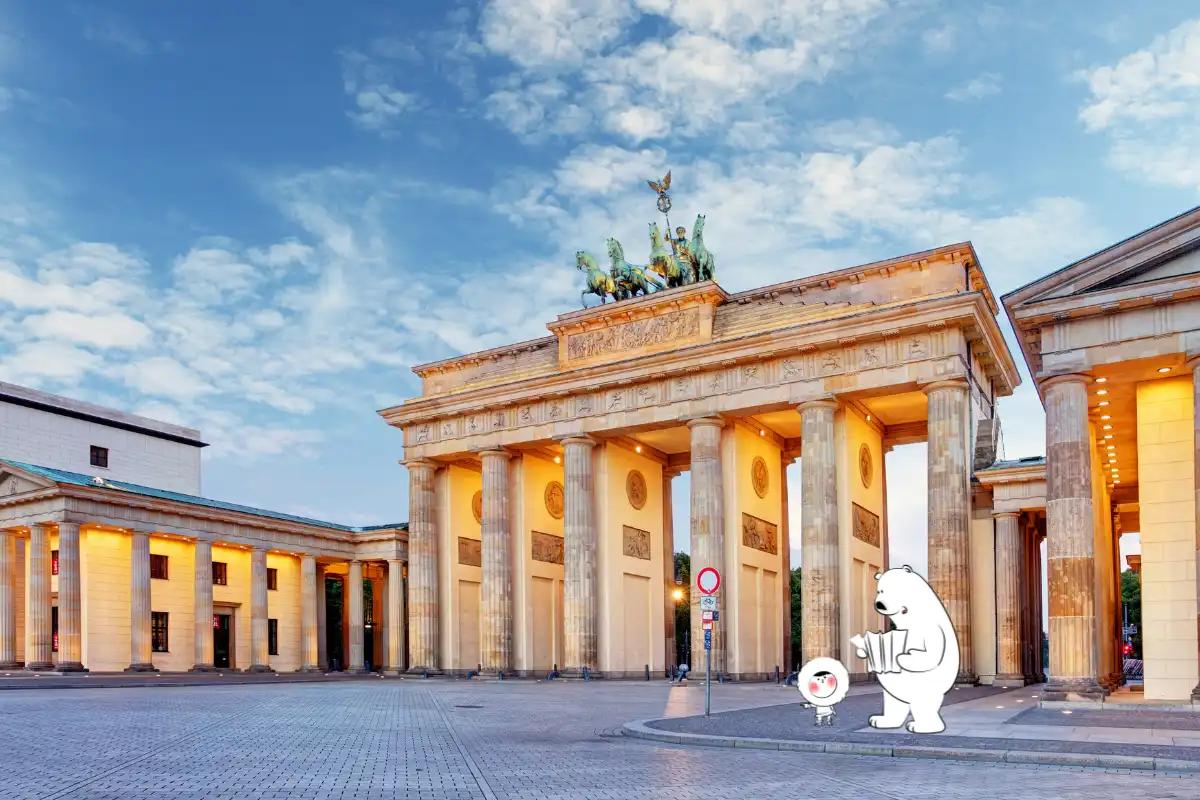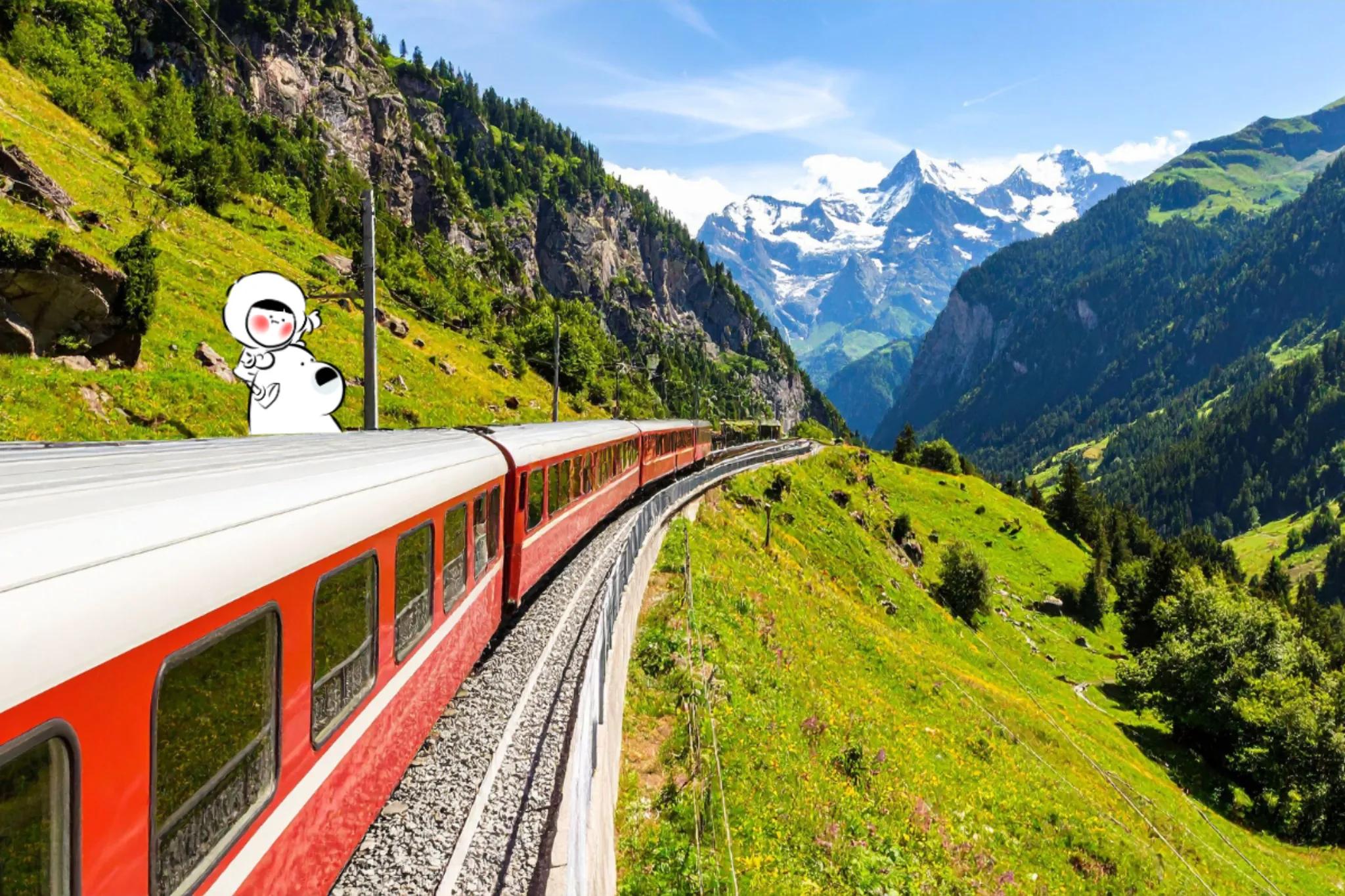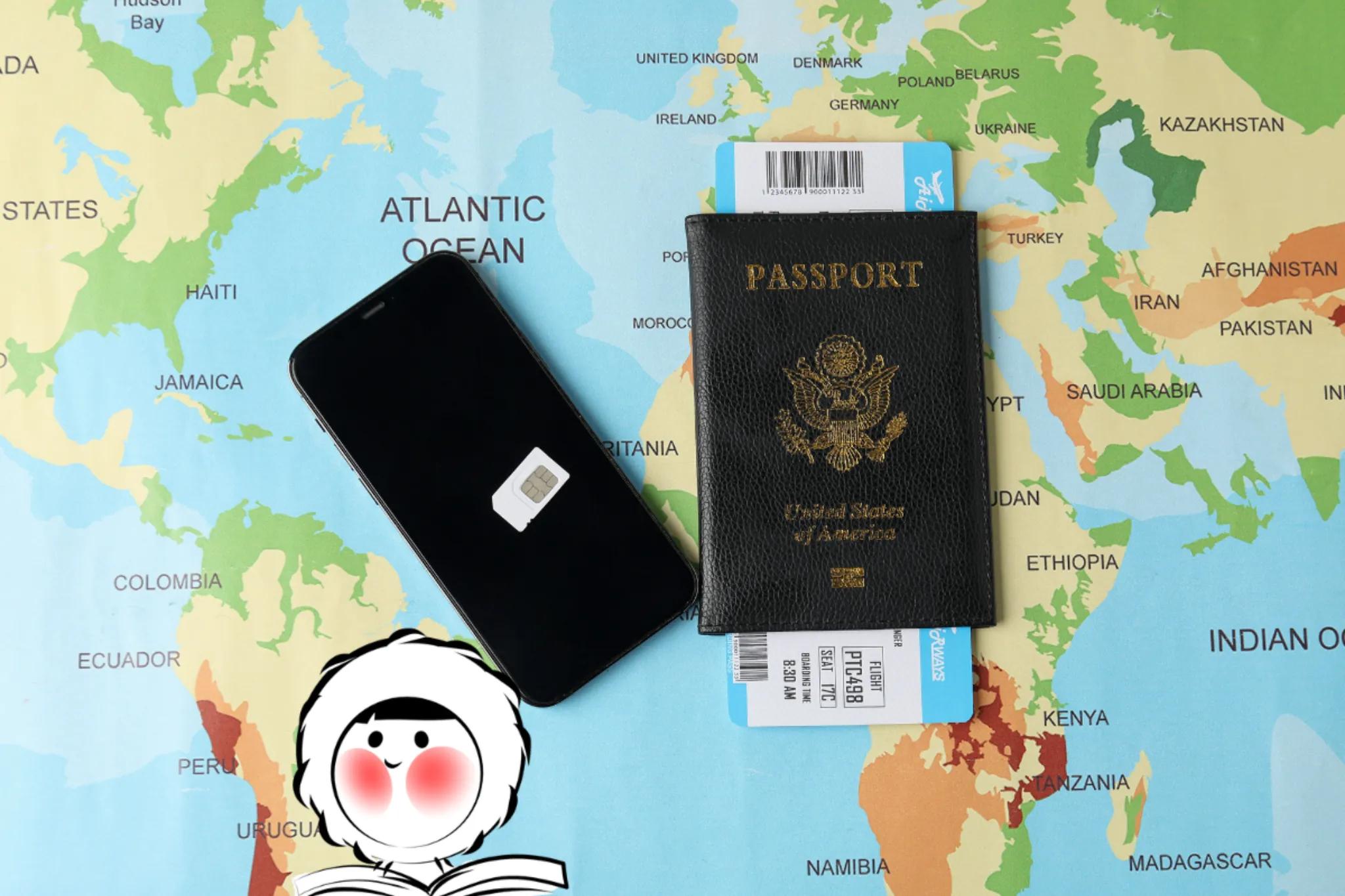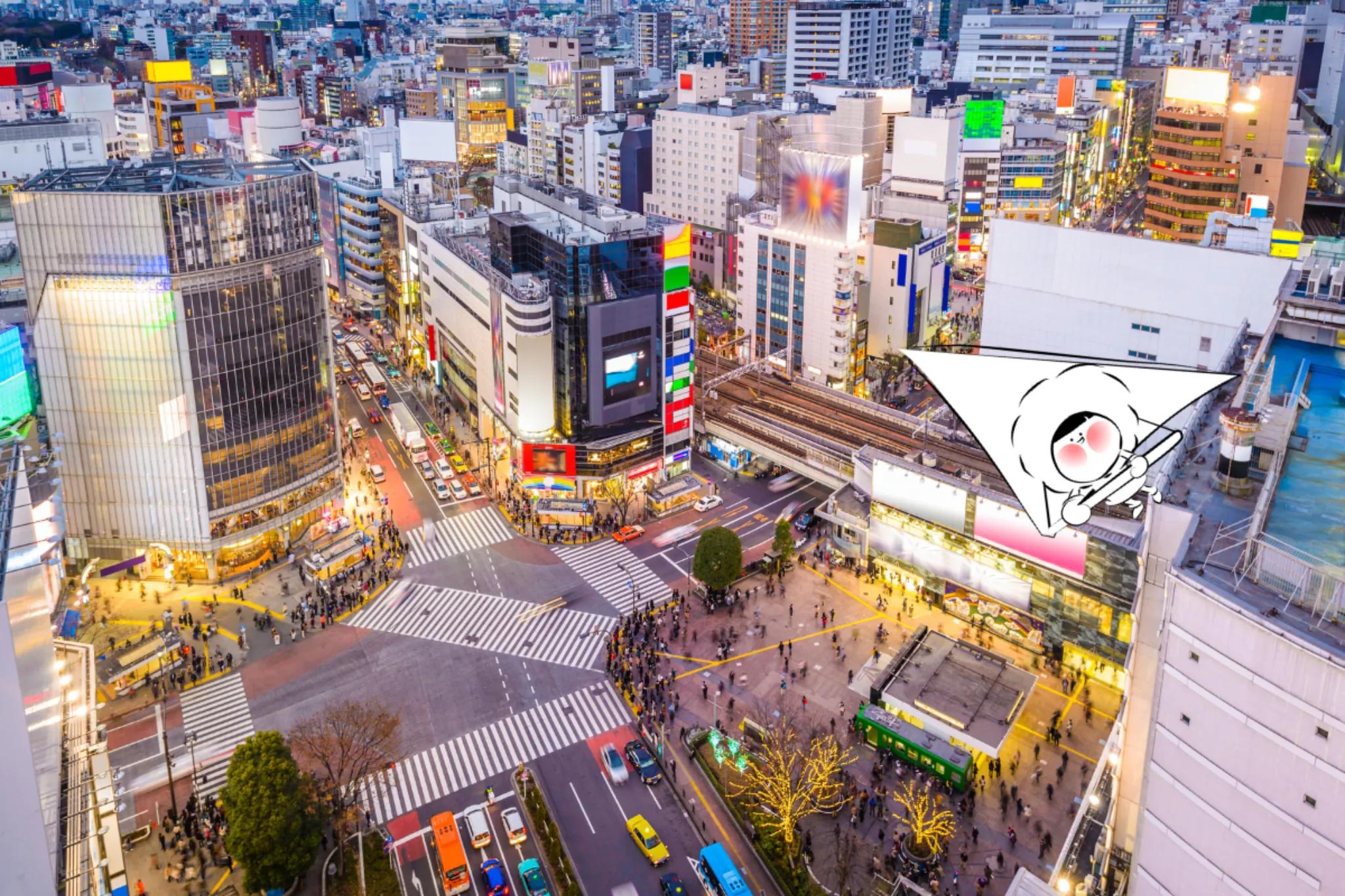
Germany’s public holidays (Feiertage) follow a rhythm that feels distinctly German: structured, regional, balanced between celebration and calm. Unlike countries where holidays are mostly national, Germany mixes federal days, state-specific holidays, quiet Sundays, church observances, and even rules about noise and dancing (Tanzverbot).
If you’re planning to live in, work in, or visit Germany in 2026, understanding this rhythm makes travel smoother and the culture far clearer, including national holidays, state holidays, Bavaria’s extras, Reformationstag rules, regional differences, and Germany’s famously strict quiet-day traditions.
Germany Public Holidays 2026 (National)
Germany has nine nationwide public holidays (bundesweite Feiertage) in 2026:
| HOLIDAY | DATE | DAY |
| New Year’s Day (Neujahr) | 1 January | Thursday |
| Good Friday (Karfreitag) | 3 April | Friday |
| Easter Monday (Ostermontag) | 6 April | Monday |
| Labour Day (Tag der Arbeit) | 1 May | Friday |
| Ascension Day (Christi Himmelfahrt) | 14 May | Thursday |
| Whit Monday (Pfingstmontag) | 25 May | Monday |
| Day of German Unity (Tag der Deutschen Einheit) | 3 October | Saturday |
| Christmas Day (1. Weihnachtstag) | 25 December | Friday |
| Second Day of Christmas (2. Weihnachtstag) | 26 December | Saturday |
Regional Holidays
Germany has 13 additional holidays celebrated only in specific states. Below is a clear breakdown:
- Heilige Drei Könige, 6 January - Baden-Württemberg, Bavaria, Saxony-Anhalt
- Gründonnerstag, 9 April - Bavaria (for students only)
- Fronleichnam, 11 June - Baden-Württemberg, Bavaria, Hesse, NRW, Rhineland-Palatinate, Saarland
- Augsburger Friedensfest, 8 August - City of Augsburg only (the smallest public holiday zone in Germany)
- Mariä Himmelfahrt, 15 August - Saarland + Catholic communities in Bavaria
- Reformationstag, 31 October - Brandenburg, Bremen, Hamburg, Mecklenburg-Vorpommern, Lower Saxony, Saxony, Saxony-Anhalt, Schleswig-Holstein, Thuringia
- Allerheiligen, 1 November - Baden-Württemberg, Bavaria, North Rhine-Westphalia, Rhineland-Palatinate, Saarland
- Buß- und Bettag, 18 November - Saxony
Bavaria, Germany’s State With the Most Holidays
Feiertage Bayern appears often because Bavaria has:
- 13–14 public holidays (depending on district)
- Catholic-majority traditions
- Local customs like processions & quiet-day rules
Bavaria’s extra holidays include:
- Heilige Drei Könige
- Fronleichnam
- Mariä Himmelfahrt (in Catholic districts)
- Allerheiligen
- Augsburg’s Peace Festival
If you live in Bavaria, you enjoy more holidays than anywhere else in Germany.
Germany’s Quiet Days: Ruhetage & Tanzverbot
Germany has several “quiet days” (stille Tage), where:
- Loud music is restricted
- Dancing is banned (Tanzverbot)
- Cinemas avoid violent films
- Clubs remain closed or operate quietly
Common quiet days include:
- Karfreitag (Good Friday), the strictest nationwide
- Totensonntag (Nov)
- Volkstrauertag (Nov)
- All Saints’ Day (Allerheiligen), in certain states
Can you make noise on a public holiday in Germany? Not really. Germany treats Sundays and public holidays as Ruhetage, official quiet days. This doesn’t just mean “be considerate.” It means many types of noise are legally restricted.
Here’s what that actually means in daily life:
- No loud construction work (drilling, hammering, renovations).
- No mowing lawns or using loud garden machinery.
- No loud music, parties or gatherings that spill into hallways or courtyards.
- Shops operate quietly and residential areas expect calm.
The rules come from long-standing cultural traditions around rest (Ruhezeiten) and apply across the country, though exact enforcement can vary by state or municipality.
For travellers, this can feel unusual, especially if you come from places where public holidays are more lively or noisy. But in Germany, quiet holidays are part of the rhythm of life, and neighbours expect the atmosphere to stay peaceful.
If you’re staying in an apartment, hotel or Airbnb during a Feiertag, it’s safest to treat the day like a Sunday: calm mornings, low noise, and no activities that could disturb others.
Germany’s Signature Festivals
Some of Germany’s biggest events are not official Feiertage, yet they define the cultural rhythm. These give context to searches like Oktoberfest, wie lange geht das Oktoberfest, or Allerheiligen Feiertag.
Oktoberfest (Munich)
2026 Dates: 19 September – 4 October
The world-famous beer festival with Bavarian tents, music, traditional clothing (Dirndl & Lederhosen), parades and nightly celebrations. It often overlaps with Einheitstag in some years, but it is not an official public holiday.
Karneval / Fasching (Rhineland, Bavaria, Berlin regions)
Peak Dates in 2026: 12–16 February (Weiberfastnacht to Rosenmontag)
Celebrated heavily in Cologne, Düsseldorf, Mainz and parts of Bavaria.
Rosenmontag (16 February 2026) feels like a holiday with parades and street parties, but it is not a legal public holiday. Many offices, shops and schools close informally because the whole region participates.
Reformationstag
2026 Date: Saturday, 31 October 2026
Already explained in the main holiday list, but culturally important in Protestant regions such as Brandenburg, Sachsen, Sachsen-Anhalt, Thüringen, Hamburg and parts of Bremen.
Church services, public commemorations and quiet ceremonies give the day a strong regional identity.
Allerheiligen (All Saints’ Day)
2026 Date: Sunday, 1 November 2026
Observed in Catholic regions such as Bavaria, Baden-Württemberg, Nordrhein-Westfalen, Rheinland-Pfalz and Saarland.
Families visit cemeteries, light candles and spend time in quiet reflection. It is a legal holiday in these states and contributes to the peaceful autumn atmosphere across southern Germany.
Practical Guide: What Opens, Closes & How Locals Spend Feiertage
Typically closed:
- supermarkets
- banks
- government offices
- most shops
- pharmacies (except emergency rotation)
Typically open:
- restaurants
- tourist attractions
- cafés
- hotels
- public transport (reduced Sunday timetable)
How Germans spend holidays:
- visiting family
- hiking or cycling (very common)
- spending time outdoors
- attending church (on Christian holidays)
- enjoying quiet Sundays with no noise
Travel Through Germany
What surprises many travellers is how inconsistent mobile access can be when you’re moving between cities, forests, mountain routes, and border areas. On holidays, when shops close and Ruhetag rules apply, finding a physical SIM becomes nearly impossible.
That’s where Eskimo’s Germany eSIM quietly does its job, no drama, you install it once, and it simply works everywhere you go in Germany.
Just upgrade from your Germany plan to an EU plan if your 2026 plans go beyond Germany, or start with the free 500 MB Global eSIM to test how smooth it feels before deciding.
Travel in Germany may be structured and orderly, your connection can be, too, without ever stepping into a shop.
FAQ
How many public holidays does Germany have in 2026?
Germany has nine national public holidays, plus additional regional holidays that vary by state. A Bavarian calendar looks very different from one in Berlin.
Which German state has the most holidays?
Bavaria traditionally has the highest number of public holidays, including Catholic observances such as Corpus Christi and Assumption Day, which are not recognised nationwide.
Why do German public holidays differ so much by state?
Germany’s holiday system reflects its federal structure.
Each Bundesland sets part of its own calendar, influenced by local traditions and religious history, which is why Reformation Day is a big date in the north, while Catholic states observe different feast days.
Is Reformation Day a holiday everywhere?
No. It is mainly a holiday in Brandenburg, Saxony, Saxony-Anhalt, Mecklenburg-Vorpommern, Bremen, Hamburg, and Schleswig-Holstein, but not nationwide.
Is Oktoberfest a public holiday?
No, Oktoberfest is not a Feiertag, but Munich feels like the entire city is on holiday. Expect crowded streets, extended opening hours, and a lot of festival energy.
Are shops open on public holidays in Germany?
Most shops stay closed, especially supermarkets and malls. However, train-station shops, petrol stations, and some bakeries may open with limited hours.
Can you make noise on a Feiertag?
Germany observes quiet-day rules (Ruhetage). Loud activities such as mowing the lawn, drilling, or hosting noisy parties are discouraged, and sometimes legally restricted, depending on local regulations.
Are public services and transport affected on German holidays?
Yes. Government offices, banks, schools, and many businesses close.
Public transport usually runs on a Sunday/holiday timetable (Feiertagsfahrplan).


















